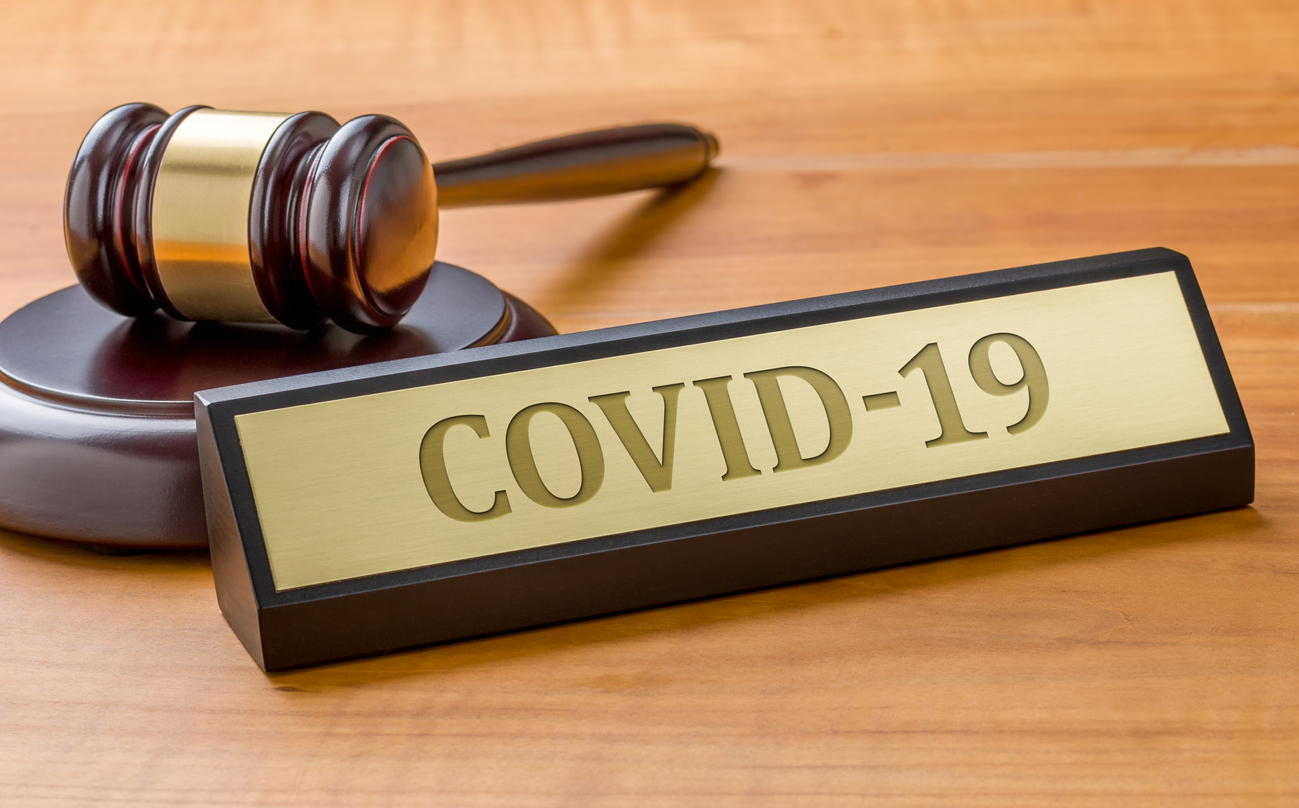(Note: This Guest Blog is the second of a thirteen part series on examination under oath).
“I don’t want to sit for an examination under oath…” If I had a nickel for every time a client said that to me, I’d probably own my own plane. For policyholders who have never been involved in a deposition or EUO, the proposition of sitting in a room, swearing an oath to tell the truth, and being questioned by an attorney while a court reporter writes down every word can be very daunting. So this begs the question—“Is it possible to avoid an EUO?”
In last week’s blog, I mentioned the 1909 case of Southern Home Insurance Co. vs. Putnal, 57 Fla. 199 (Fla. 1909), in which the Supreme Court of Florida held that if the policyholder refuses to sit for the EUO, then the claim may be denied. Of course, that decision was rendered by the high court of Florida one hundred years ago. Is it still binding today?
In 1993, the Third District Court of Appeal in Florida held in Stringer vs. Firemen’s Fund, 622 So2d 145 (Fla. 3d DCA 1993), in a very brief decision, that an insured’s failure to submit to EUO is a material breach of the policy conditions for which denial will be upheld. Not much grey area there…refuse to sit for the requested EUO and the claim may be denied. But in another Florida case, Goldman vs. State Farm, 660 So.2d 300 (4th DCA 1995) (in which the court cited Putnal), an interesting counter argument was posed by counsel for the policyholders. It was argued that the insurance company was not prejudiced by the Goldman’s failure to submit to EUOs because State Farm had taken a recorded statement and could also depose the Goldman’s during litigation, hence the denial was improper.
The court, however, rejected this argument, holding that an examination under oath is a contractual agreement which is also a condition precedent to the policy; hence, the insurer need not show prejudice to deny the claim. Rather, the policyholder’s refusal to sit for the examination begets the denial. In addition, the court distinguished an EUO from a deposition, essentially saying that EUOs are contractual agreements where policyholders have a duty to volunteer information to the insurer, where no such duty exists during a deposition. Therefore, the Court concluded, depositions were not an adequate substitute for EUOs, and it upheld the denial.
A small sample of courts from other jurisdictions that agree with Goldman’s holding: Pervis v. State Farm Fire & Cas. Co., 901 F.2d 944 (11th Cir. 1990), Fineberg v. State Farm Fire & Cas. Co., 113 N.C. App. 545, 438 S.E.2d 754 (N.C. Ct. App. 1994), and Watson v. National Sur. Corp., 468 N.W.2d 448 (Iowa 1991). These cases all held that refusal by a policyholder to sit for an EUO allows the insurer to deny the claim.
The moral to this story? According to the courts, EUO requests MUST be complied with or the claim may be denied, period, end of story.
Please tune in next week for part 3 of our series on EUOs when we look into: Where Can Examinations Under Oath Be Held?
–Bob Reynolds


